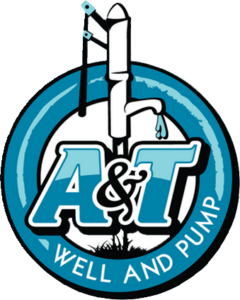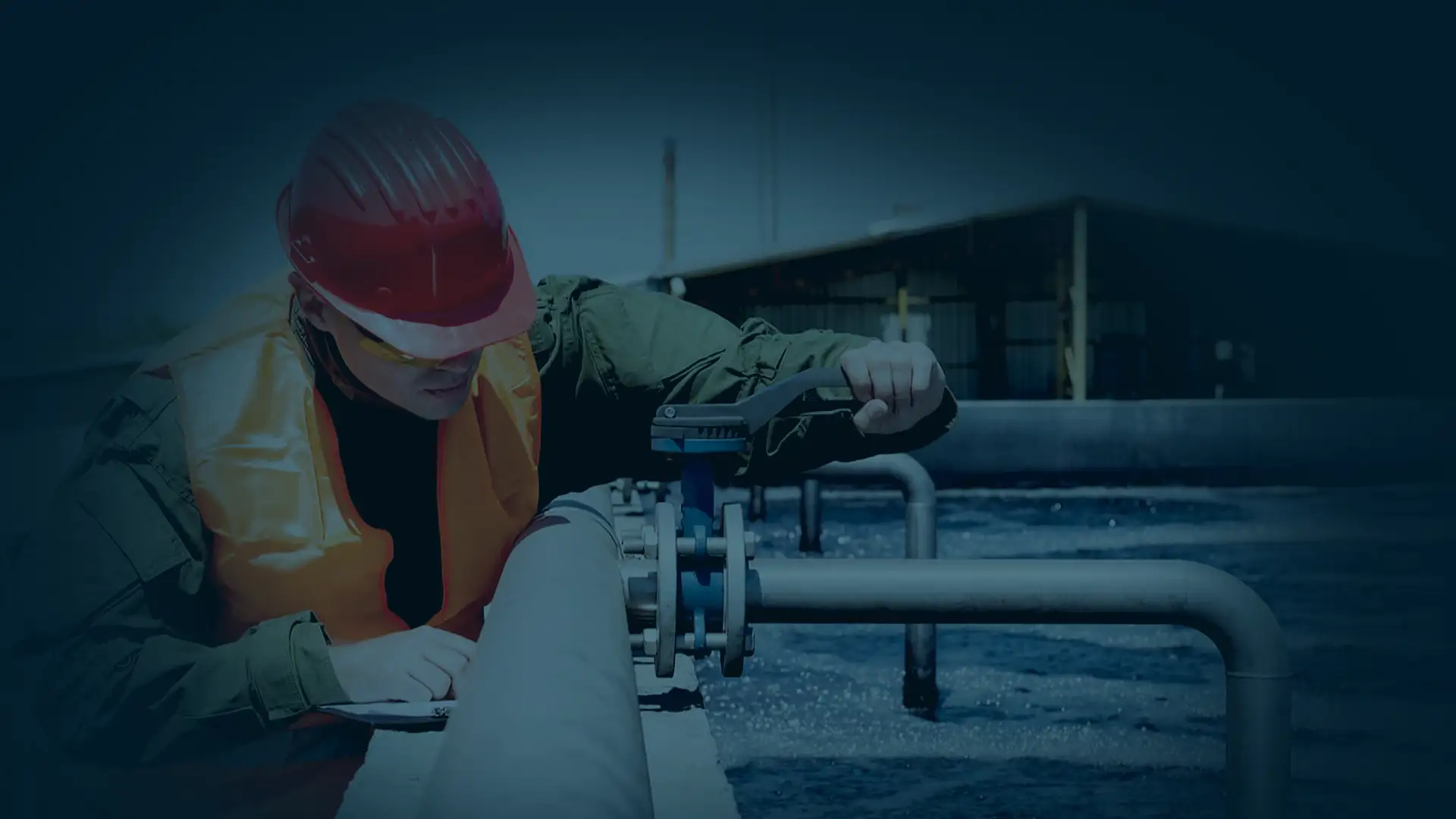If you find yourself asking "Do I need to filter my well water?" this blog…
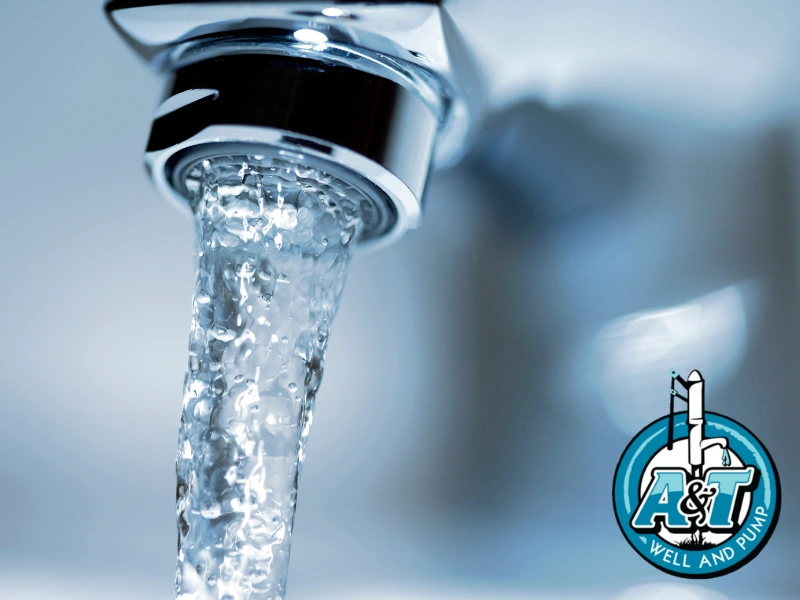
Well water can be impacted by various environmental factors and contain contaminants that could compromise water quality.
That’s why it's important for local homeowners to understand the well water testing process and the guidelines that Raleigh residents should follow to maintain clean, safe drinking water for their families.
Join our residential water well experts from A&T Well and Pump as we go through the steps to help you safeguard your health and ensure your well water is always safe for household use.
Table of Contents
What Does the Well Water Testing Process Involve?
The well water testing process involves collecting a sample of your well water, which is then sent to a certified laboratory for analysis.
The laboratory tests for various contaminants to assess water quality. Once the results are received, a detailed report will highlight any potential issues with your water and offer recommendations for addressing any contamination found.
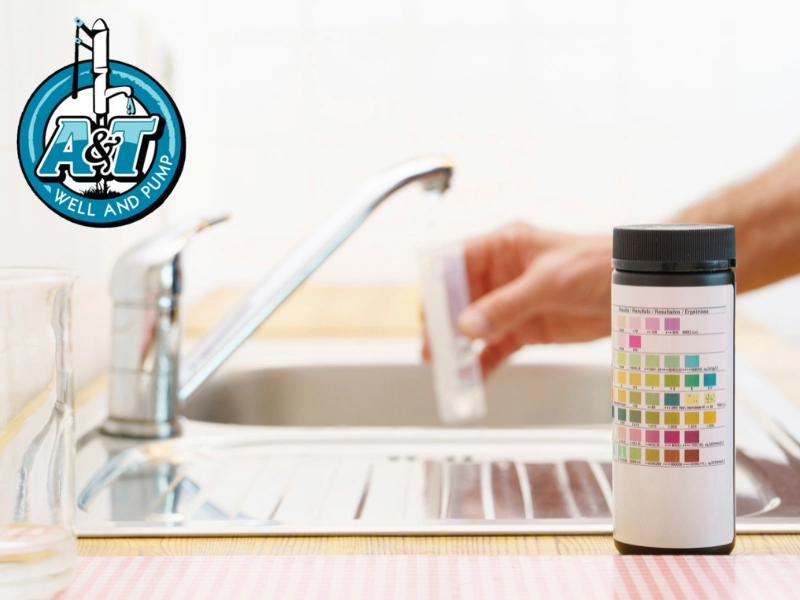
Why Well Water Testing is Important in Raleigh

Well water is more susceptible to contamination than municipal water supplies because it is sourced directly from underground aquifers.
In Raleigh, factors like local soil composition, rainfall, nearby agricultural activities, and even weather events such as flooding can impact the quality of your well water.
Regular testing ensures that your water remains free from harmful contaminants and that your family is consuming water that is safe and clean.
When Should You Test Your Well Water?
The well water testing process should be done regularly to monitor water quality and prevent potential health issues. Follow these recommended guidelines:
Common Contaminants to Test for in Well Water
Well water testing checks for a wide range of contaminants that could affect water quality.
Here are some of the most common substances tested:
Bacteria
Coliform bacteria and E. coli can pose serious health risks, especially for children and the elderly.
Nitrates
High nitrate levels, often from fertilizers or septic systems, can be harmful, particularly for infants.
Lead
Older pipes or nearby industrial activity can introduce lead into your water supply.
Arsenic
A naturally occurring element that can be toxic when present in high concentrations.
pH Levels
The acidity or alkalinity of your water can impact plumbing and may indicate the presence of other contaminants.
Hardness
High levels of calcium and magnesium can lead to scale buildup in pipes and appliances.
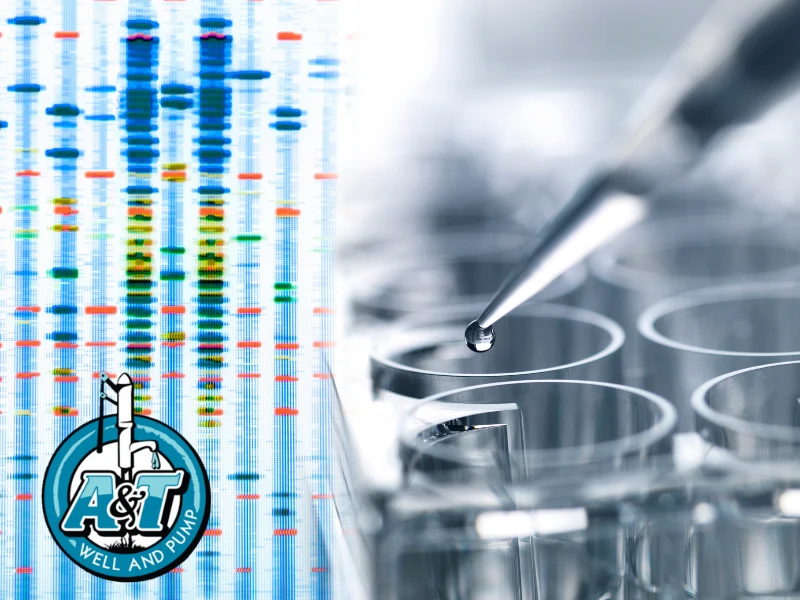
Step-by-Step Well Water Testing Process for Raleigh Homeowners
Ensuring the safety of your well water is essential for the health and well-being of your household. In Raleigh and Wake County, following structured well water testing guidelines can help identify potential contaminants and help to plan necessary actions. Here's a comprehensive guide to the well water testing process.
Step 1: Locate and Identify Your Well System
Begin by determining the exact location and type of your well. This includes identifying whether it's a drilled, bored, or driven well, and understanding its depth and construction. Knowing this information is crucial for selecting the appropriate testing methods and interpreting results accurately.
Step 2: Choose a Certified Water Testing Lab in Raleigh or Wake County
Selecting a certified laboratory ensures that your water samples are analyzed accurately. In Wake County, the Department of Health and Human Services offers water testing services. You can also work with a local water well treatment technician to initiate the water testing process.
Step 3: Proper Sample Collection Techniques
Accurate sample collection is vital for reliable results:
Step 4: Sample Handling and Transportation
After collecting the sample:
Step 5: Understanding Your Test Results
Upon receiving your test results:
FAQs About the Well Water Testing Process
What’s the cost of well water testing in Raleigh, NC?
The cost of well water testing in Raleigh typically ranges from $100 to $500, depending on the number of contaminants being tested and the lab’s fees.
Can I test my own water or should I hire a pro?
While DIY kits are available, hiring a professional ensures accurate results and proper sampling, especially for complex contaminants.
What do I do if my well water fails the test?
If your well water fails the test, contact a water treatment specialist or your local health department for guidance on filtration or treatment options.
Are DIY testing kits accurate enough for Raleigh’s conditions?
DIY kits can provide basic results but may lack the precision needed for detecting subtle contaminants common in Raleigh’s well water, like heavy metals.
How long does the process take from sample to results?
Typically, it takes 7 to 10 days from the time the sample is collected to receive your test results from the lab.
How does well depth affect testing needs in the Raleigh area?
The depth of your well can impact water quality, as deeper wells may have different mineral compositions and contamination risks, requiring more specific testing.
Contact Us for Certified Well Water Testing in Raleigh, NC
Ensure your well water is safe and clean by scheduling a professional water test with A&T Well Pumps.
Our certified experts are here to help you maintain high-quality water for your home, adhering to industry best practices for well water testing guidelines.
Reach out today to book your Raleigh well water service by calling us at (919) 980-0981 or filling out our easy-to-use Contact Form to get started.
